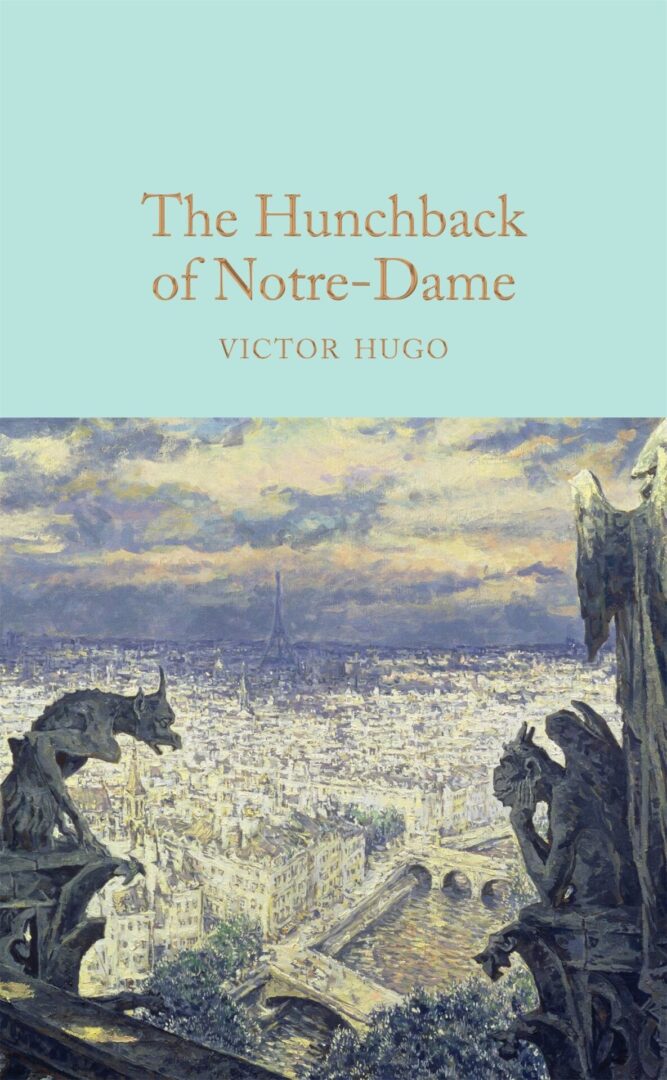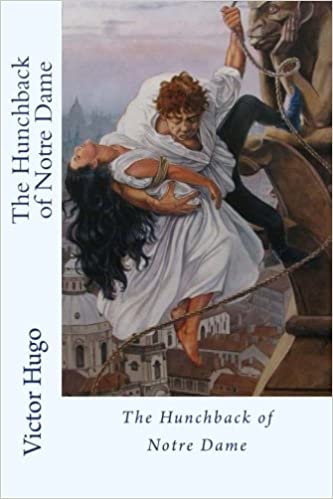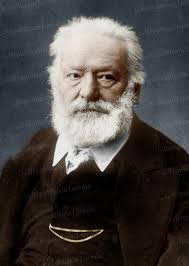Hugo, Victor: The Hunchback of Notre Dame



Victor Hugo was Dickensian before Dickens was Dickensian. I reread The Hunchback of Notre Dame recently, a huge, extravagant, mesmeric, sprawling, heartrending novel, its emotions writ large over the lawless, festive, superstitious, swarming, brutal Paris of 1482. A mother’s love, a priest’s lasciviousness, a poet’s struggle, a king’s disinterestedness, a hunchback’s tenderness, a goatling’s sweetness, a girl’s innocence, a hero’s deceit (and so much more), mesh and mingle as the locomotive plot drives toward its inexorable conclusion. If the development is melodramatic, it’s easily forgiven: the melodrama is the mother of all melodramas as much as its heart is the mother of all hearts.